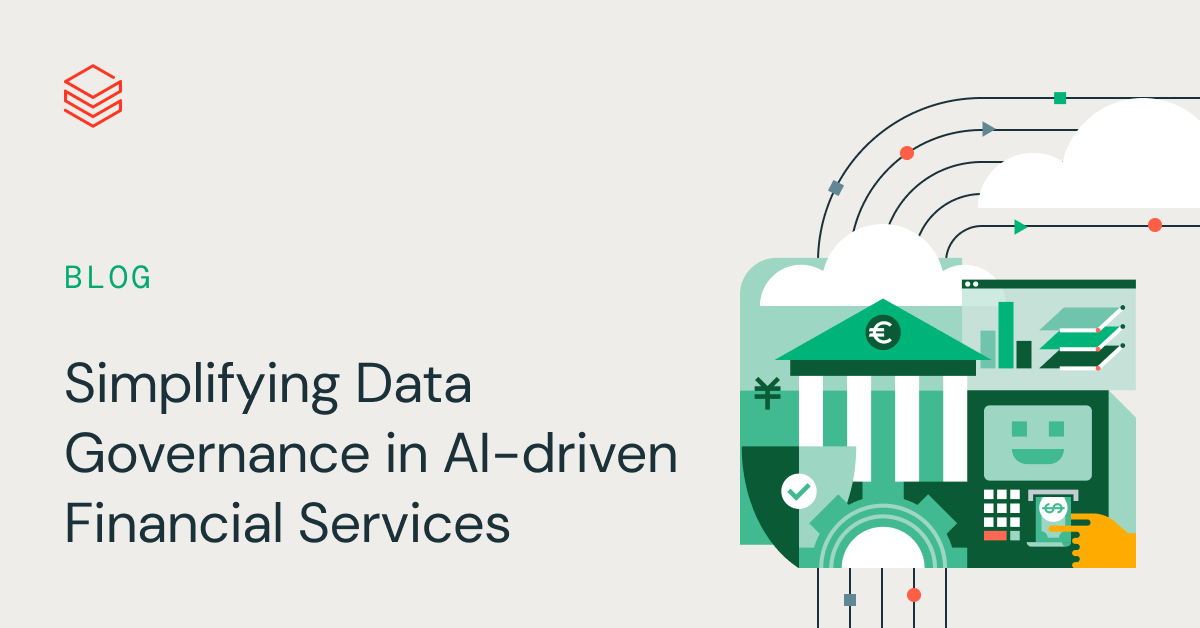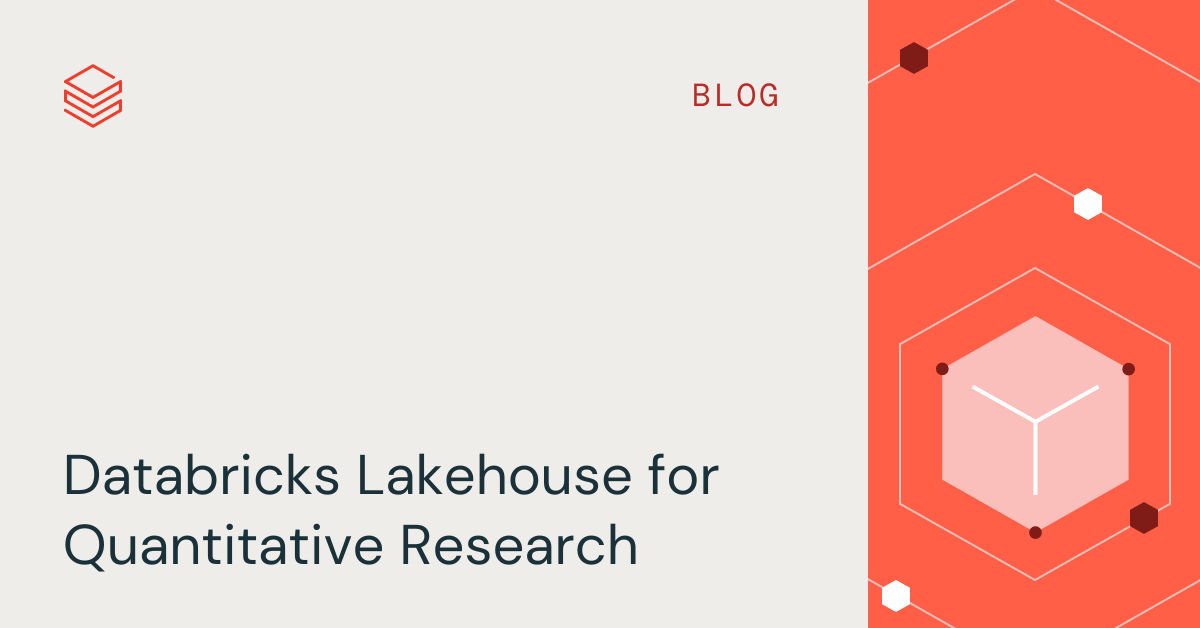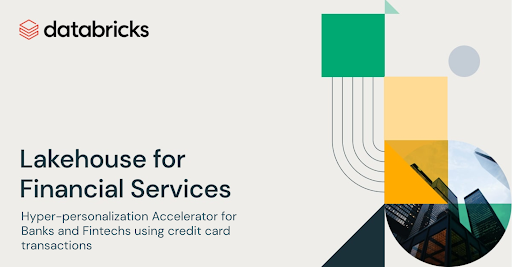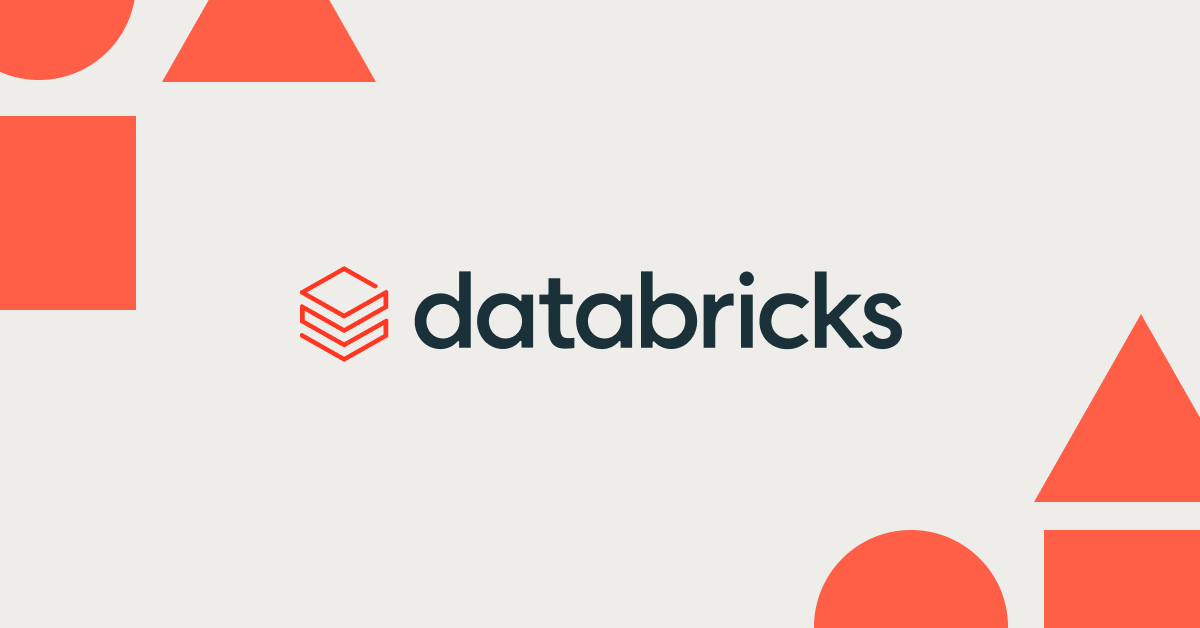Skip to main content![Antoine Amend]()
![Unlocking Modern Risk & Compliance with Moody’s Risk Data Suite on the Databricks Data Intelligence Platform]()
![The New Investment Regime Is Here. Are You Ready for It?]()
![Simplifying Data Governance in AI-driven Financial Services]()
![FINOS’ Legend to integrate with Databricks Lakehouse, improving open data exchange across the financial services industry]()
![Databricks Financial Services Lakehouse for Quantitative Research]()
![Creating a Community of Industry Practitioners With Databricks Solutions Accelerators]()
![db-99-blog-og]()
![2022-01-Lakehouse-for-Financial-Services-OG-1200x628-2]()

Antoine Amend
Antoine Amend's posts

Financial Services
November 4, 2025/5 min read
Unlocking Modern Risk & Compliance with Moody’s Risk Data Suite on the Databricks Data Intelligence Platform

Financial Services
September 10, 2025/4 min read
The New Investment Regime Is Here. Are You Ready for It?

Financial Services
April 3, 2024/6 min read
Simplifying Data Governance in AI-driven Financial Services

Insights
November 9, 2022/5 min read
FINOS’ Legend to integrate with Databricks Lakehouse, improving open data exchange across the financial services industry

Platform
October 21, 2022/9 min read
Databricks Financial Services Lakehouse for Quantitative Research

Solutions
October 6, 2022/4 min read
Creating a Community of Industry Practitioners With Databricks Solutions Accelerators

Solution Accelerators
March 3, 2022/7 min read
Hyper-Personalization Accelerator for Banks and Fintechs Using Credit Card Transactions

News
February 15, 2022/7 min read
Lakehouse for Financial Services: Paving the Way for Data-Driven Innovation in FSIs
Showing 1 - 12 of 20 results



